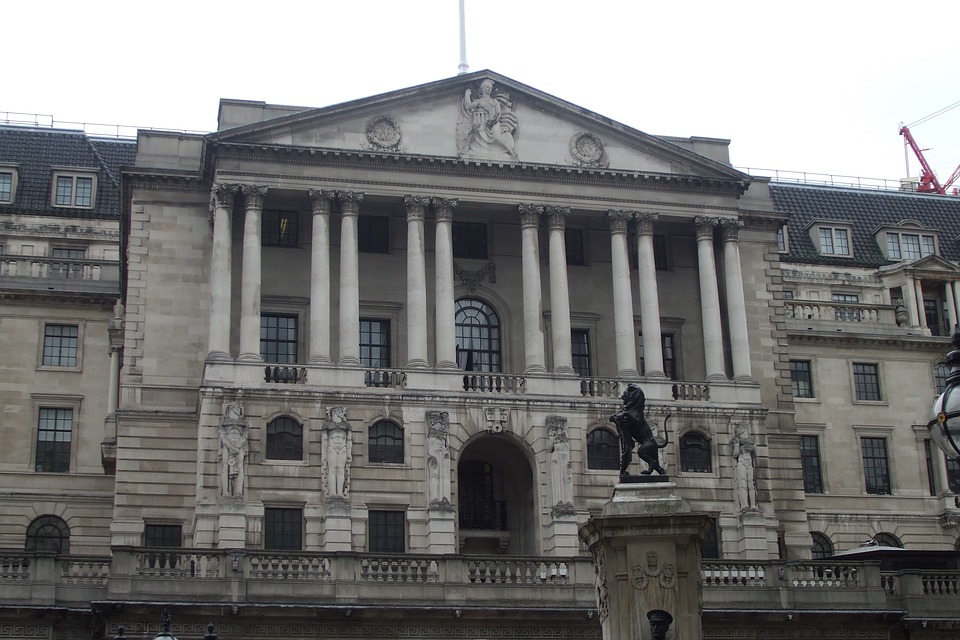Interest rates are expected to increase this week for the third time in three months as the Bank of England tries to curb a rapid rise in the cost of living.
A hike to 0.75% from 0.5% is anticipated, which would return us to the level of March 2020 but comes against the backdrop of geopolitical volatility and the likelihood that inflation will exceed 7%.
Rising gas and electricity costs are the main factors pushing up prices across the economy.
Inflation, as measured by the consumer prices index (CPI), is expected to peak at 7.25% in April, and average close to 6% in 2022.
Despite inflationary pressures, demand for property remains strong.
The latest figures show that the number of new prospective buyers in the UK was 47% higher than the five-year average in the first week of March. The figure for the first nine weeks of the year was up by 54%.
To find out more about how we can assist you with your Second Charge Mortgage please click here
Meanwhile, the number of offers accepted was up by 81% in the first week of March, having risen 50% over the first nine weeks of the year.
Much-needed housing supply is also showing signs of picking up, with the number of market valuation appraisals 11.3% higher in the first nine weeks of the year. Sales instructions are catching up but were down by 6.3% over the same period.
Why is the market so active despite the current economic and political backdrop?
Tom Bill, head of UK residential research at Knight Frank explained: “The first reason is easily overlooked – the end of the pandemic. The lifting of final restrictions and return to normality is spurring people to take decisions about how and where they live. Crucially, it means demand is more needs-driven and less susceptible to external events.
“In higher-value property markets, larger bonuses in sectors including financial services and law have also provided some insulation against the spiralling cost of living.”
But growth is not limited to a narrow group of professions, according to Savvas Savouri, chief economist at Toscafund.
He believes challenger banks will drive competition in the mortgage market and put downwards pressure on rates in the same way Aldi and Lidl did in the supermarket sector.
Savouri commented: “Households are sitting on £250bn of excess savings compared to the start of the pandemic. House price growth has also created an extra £1trn in housing equity over the last two years.”
He expects the Bank of England base rate to end the year at 1.25% or 1.5% as the current uncertainty leads to a slightly shallower upwards trajectory. However, he remains bullish in his outlook for the UK economy this year.
“For a recession, you need the labour market or the banking system to collapse and we are nowhere near either,” he added.
Knight Frank expect house price growth to return to single-digits as supply continues to pick up and rates normalise, but the estate agency says that it seems unlikely it will get anywhere close to zero.
By MARC DA SILVA
Source: Property Industry Eye
Discover our Second Charge Mortgage Broker services.

